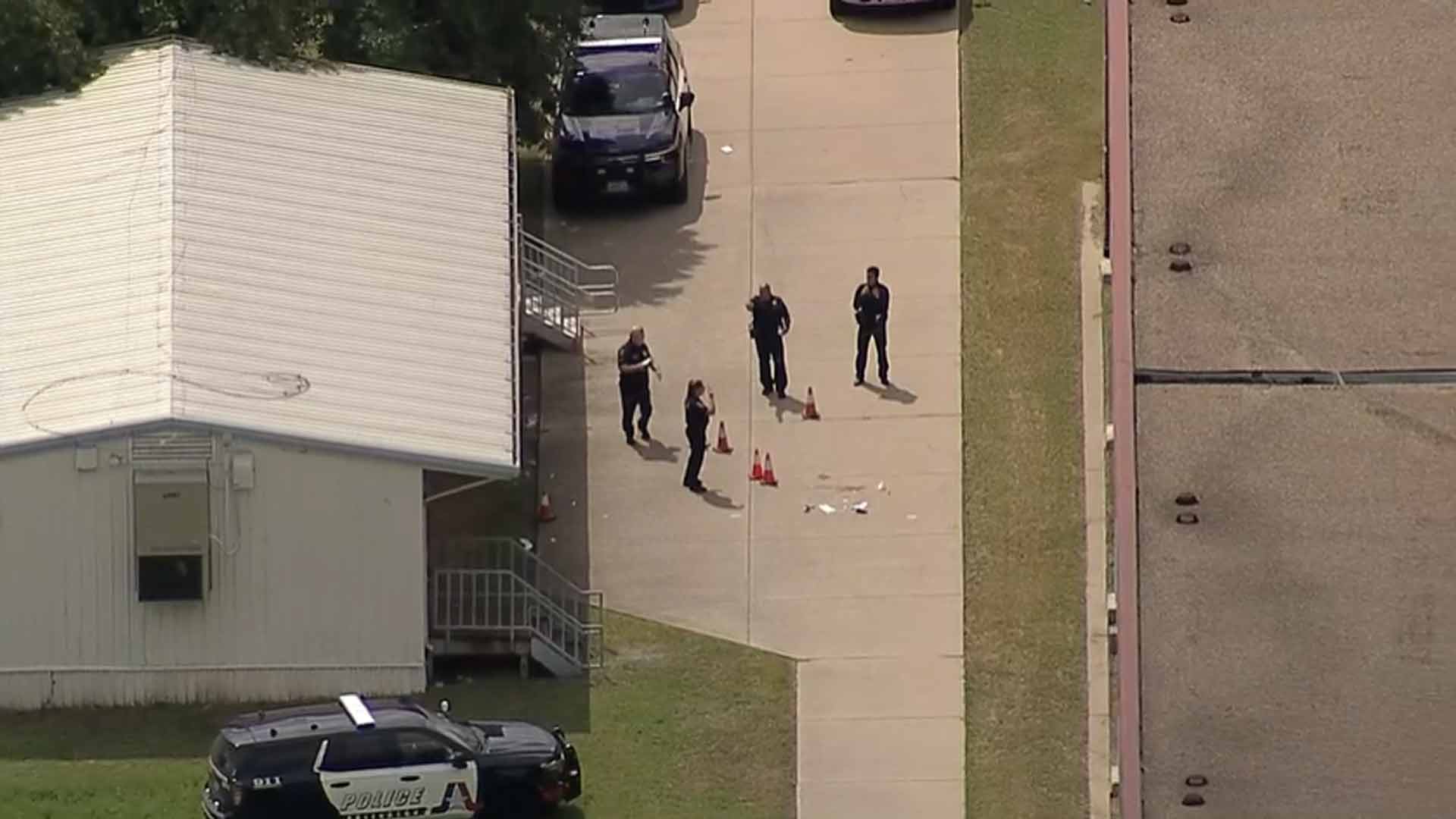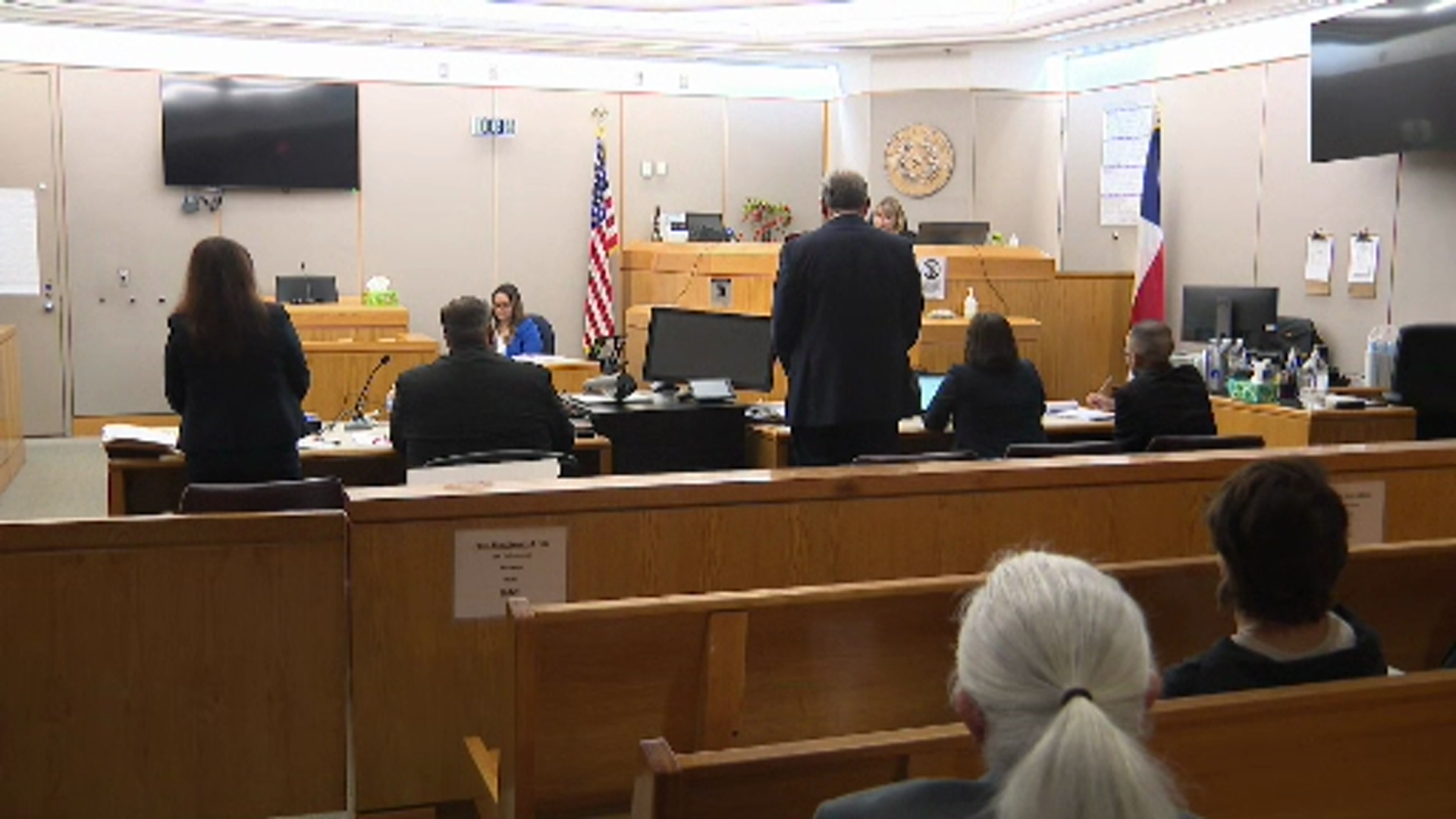As students filed into the McMath Middle School library with lunch trays in hand, a man in California was waiting for them.
The Denton seventh-graders had all decided to spend their lunch period, on a recent Monday, talking with Michael McFaul, who served as the U.S. ambassador to Russia during the Obama administration.
The Denton Record-Chronicle reports McFaul video-chatted with the students from his office at Stanford University and answered questions about the pressures of his former job and U.S.-Russian relations.
"This is a really important time in our country's history," McFaul said. "We are really connected to the world. Everything you do, everything you eat, the products you use are connected to a global society. We need people to be more interested in the world, because if you don't do it, it's going to be bad for the long term and our national interest.
"I hope I'm looking at 30 or 40 new diplomats today."
McFaul was the final participant in this year's Kid-to-Kid cultural program at McMath Elementary. The program was started by volunteer Bill Reed, who wanted to expose the students to different cultures and career paths. He said he spent hours contacting individuals and organizations, hoping someone might want to spend 30 minutes of their day talking to a room full of Texas teenagers.
"They're getting to learn things they might not see in a classroom," Reed said. "Some of them are getting access to things they might never see again."
Local
The latest news from around North Texas.
So far this year, the students have visited with a scientist studying bat communication in Israel, an archaeologist researching dinosaur feathers in Canada and a conservationist protecting giraffes in Namibia.
Students have also learned more about hurricane forecasting, active volcanoes and hydrothermal vents that line the ocean floor. What started as 10 kids voluntarily giving up valuable lunchtime gossip soon grew into 26.
"We've been able to learn about all these career choices and what you have to study to be able to do them," seventh-grader Auston Mills said. "This opportunity doesn't come every day."
While most of the sessions are geared toward science, the seventh-graders have also talked with everyday people who live in other countries. A 14-year-old Tanzanian boy named Dylan showed the group the grass huts of indigenous tribes who live near him, while a Russian woman named Natalia found common ground with the students when she mentioned her pug.
When two students learned of the recent explosion on a St. Petersburg subway, they asked Reed if he had heard from Natalia, who lives in the city. Reed told them he had reached out earlier and she told him she and her family were safe. A look of relief washed over their faces.
"This gives us the chance to know other people around the world and connect their lives to ours," said seventh-grader Prachi Mohan, who suggested the group talk to more people from the Middle East.
Reed said he plans to kick off the program next year with a scientist studying penguins in Antarctica and representatives from the World Wildlife Fund.
"I would love to look back in 10 years and see whether this wishful thinking on my part made a difference," he said. "I know they won't all go into these fields, but some of them might because at least they know it's possible."



